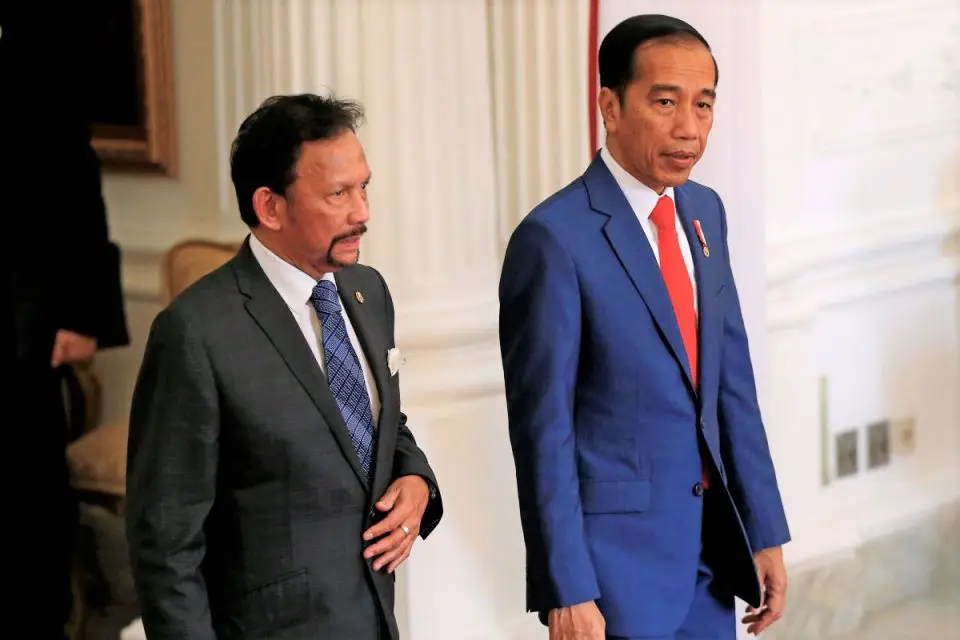JAKARTA, March 20 — Indonesian President Joko Widodo on Friday called for an end to bloodshed in military-ruled Myanmar and for Southeast Asian leaders to hold a high-level meeting to try to find a way out of the country’s escalating crisis.
In some of the strongest comments yet by a regional leader on Myanmar’s violent crackdown on anti-coup demonstrations, Jokowi, as the president is commonly called, said he would immediately call Brunei’s Sultan Hassanal Bolkiah, the current chairman of the Association of Southeast Asian Nations (Asean), and press him to call an urgent meeting.
“Indonesia urges that the use of violence in Myanmar be stopped immediately so that there are no more victims,” Jokowi said in a virtual address.
“The safety and welfare of the people must be the top priority. Indonesia also urges dialogue, that reconciliation is carried out immediately to restore democracy, to restore peace and to restore stability in Myanmar.”
Brunei’s foreign ministry did not immediately respond to a request for comment, although Asean members Malaysia and the Philippines called for more action to be taken on Myanmar.
Backing Indonesia’s call for a meeting, Malaysia‘s Prime Minister Muhyiddin Yassin said he was appalled by the persistent use of lethal violence against unarmed civilians in Myanmar.
“The military leadership in Myanmar is strongly urged to change its course, and choose a path towards peaceful solutions,” Muhyiddin said in a statement on Friday.
“We will continue to support an inclusive dialogue for a political transition, and urge all parties to return to the negotiating table, remedy the crisis and avoid any further escalation of tensions.”
In a succession of posts on Twitter about the violence in Myanmar, Philippine foreign minister Teodoro Locsin said Asean “has to act. Because passivity is complicity; and silence gives consent.”
Indonesia has taken the lead in efforts among Myanmar’s neighbours to find a way out of the crisis, which activists say has seen more than 200 people killed in nationwide protests over a February 1 coup that struck a major blow to Myanmar’s fragile democracy.
Hundreds of protesters and remnants of Aung San Suu Kyi’s ousted government have been arrested, strikes are paralysing the country and Western countries have expressed outrage and announced sanctions over the junta’s use of deadly force.
Indonesia’s foreign minister, Retno Marsudi, was a key driver in urging Asean to hold a virtual “informal” meeting that included Myanmar’s junta-appointed envoy on March 2, but they failed to make a breakthrough.
The issue is complex for Asean, which has a policy of non-interference in the issues of its 10 members, which include authoritarian states and governments led by former generals.
Asean has collectively called for calm and dialogue but is not in agreement on a solution. So far, the strongest positions on Myanmar have been taken by the Philippines, Singapore and Indonesia.
— Reuters





